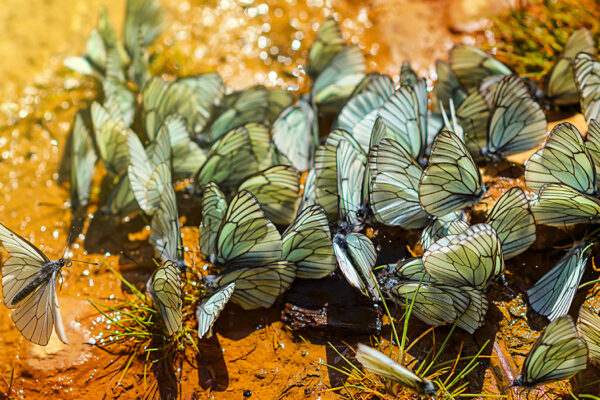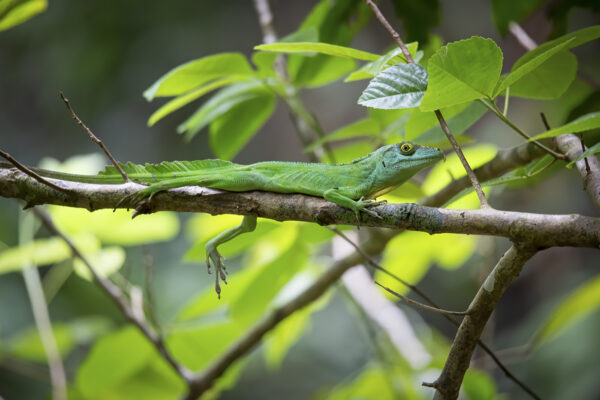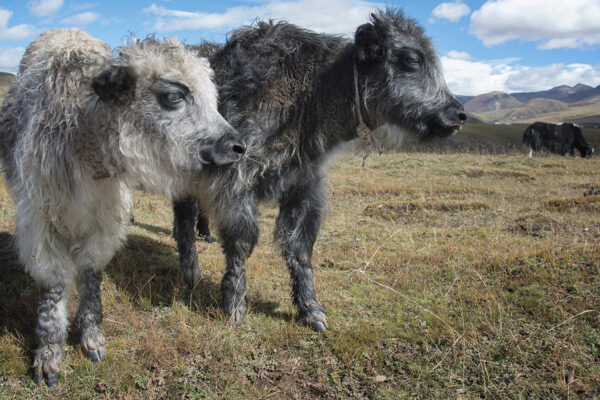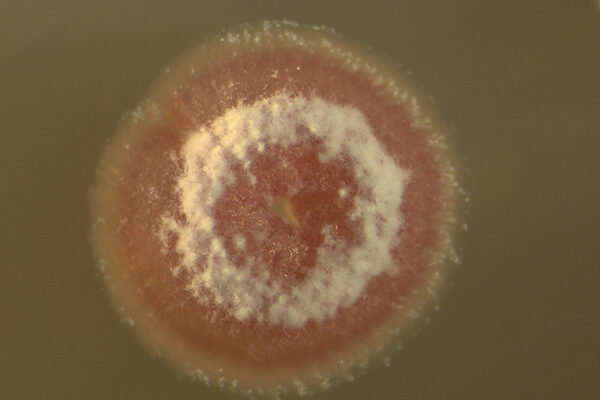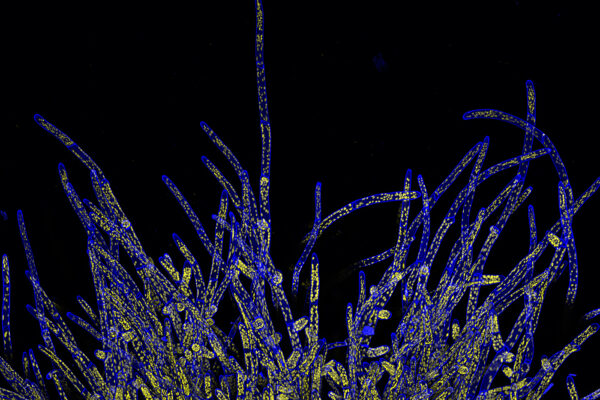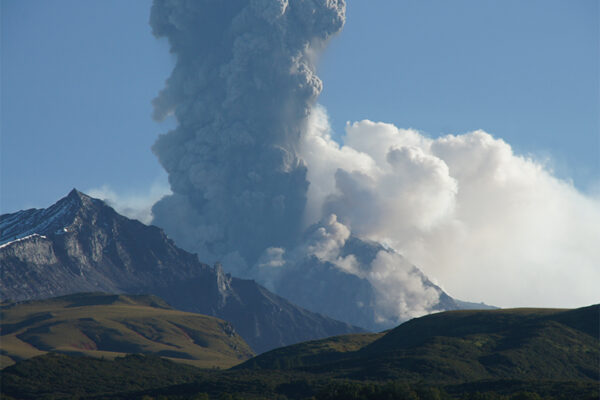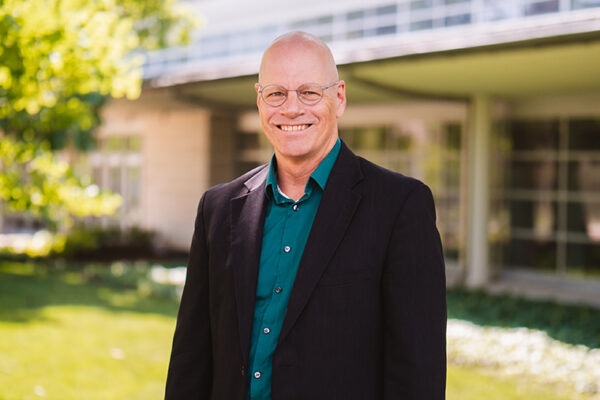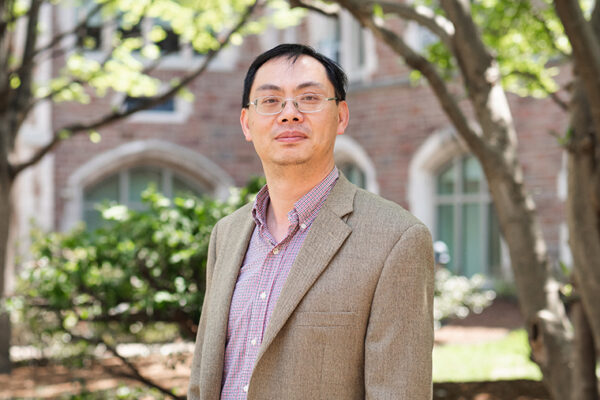A brief history of the cabbage butterfly’s evolving tastes
Biologists in Arts & Sciences used statistical methods to trace the path of Pieridae family butterflies as they diversified and their plant hosts fought back, over and over again. The study also finds that butterflies often regain hosts they haven’t used for millions of years.
Sticky toes unlock life in the trees
Biologists at Washington University in St. Louis examined data from 2,600 lizard species worldwide and discovered that while hundreds of different types of lizards have independently evolved arboreal lifestyles, species that possessed sticky toepads prevailed.
’Til the cows come home
New research led by archaeologists at Washington University in St. Louis shows that meat and dairy played a more significant role in human diets in Bronze Age China than previously thought. The analysis also suggests that farmers and herders tended to sheep and goats differently than they did their cows.
When stubborn bugs refuse to make drugs
Research published in the Proceedings of the National Academy of Sciences by biologist Joshua Blodgett in Arts & Sciences highlights comparative metabologenomics as a powerful approach to expose the features that differentiate strong antibiotic producers from weaker ones.
Depth of perception
Minuscule tunnels through the cell membrane help cells to perceive and respond to mechanical forces, such as pressure or touch. A new study led by biologists in Arts & Sciences directly investigates what PIEZO channels are doing in the tip-growing cells in moss and pollen tubes of flowering plants, and how.
Krawczynski to examine role of water in volcanoes, Earth’s evolution
Michael J. Krawczynski, assistant professor in Arts & Sciences, received a National Science Foundation CAREER Award to research the evolution of super-hydrous magmas in the Earth’s crust. Krawczynski will explore how volcanoes work, especially how water affects the evolution of volcanoes and their behavior.
Moeller wins Heyrovsky Prize for electrochemistry
Kevin Moeller, professor of chemistry in Arts & Sciences, won the 2021 Jaroslav Heyrovsky Prize for Molecular Electrochemistry from the International Society of Electrochemistry. His research focuses on using electrochemistry as a synthetic tool for constructing everything from complex organic molecules to two-dimensional addressable surfaces.
Yang to study two-dimensional quantum materials
Li Yang, professor of physics in Arts & Sciences, received a three-year $375,000 grant from the National Science Foundation for a project titled “Doping Effects on Excited-State Properties of Two-Dimensional Moiré Crystals.”
Muddied waters: sinking organics alter seafloor records
The remains of microscopic plankton blooms in near-shore ocean environments slowly sink to the seafloor, setting off processes that forever alter an important record of Earth’s history, according to research from geoscientists, including David Fike in Arts & Sciences.
Arpita Bose
For microbiologist Arpita Bose, associate professor of biology in Arts & Sciences, science is a collaborative endeavor. Her lab focuses on microbial metabolisms, taking an interdisciplinary approach to address issues related to energy and sustainability.
View More Stories
